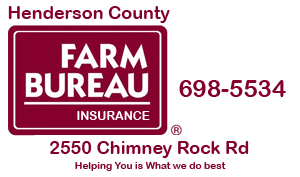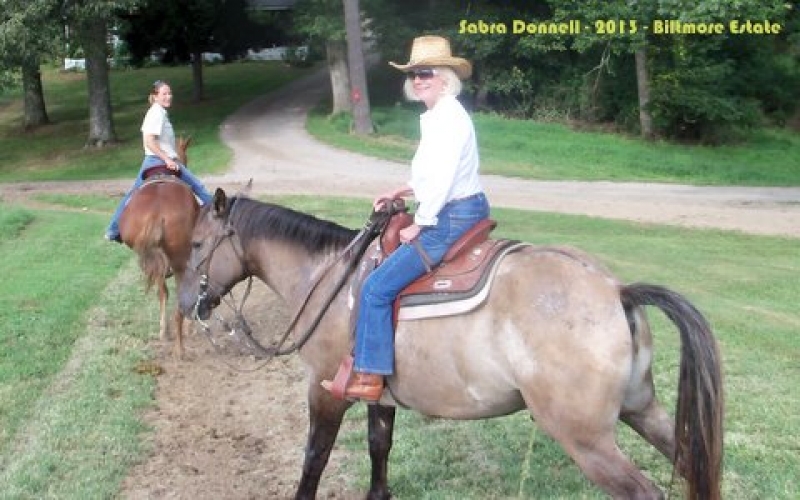Henderson County health officials are warning residents and visitors alike to take precautions after an unusual uptick in raccoon encounters and even attacks over the last couple months.
A spokesperson for the Henderson County Department of Public Health said Wednesday, June 19, that the agency has seen an increase in calls about sick raccoons and raccoon encounters with humans and domestic animals.
Although officials did not comment on the number of these encounters, they did say the past 2-3 months have presented "unusual" raccoon activity, including attacks. Humans who have been in direct contact with raccoons did receive treatment afterwards, and the animal that was involved was quarantined, a spokesperson said.
Health officials remind people that rabies is a viral disease that can be deadly to people if medical care is not received before symptoms start. A healthy animal or person can get rabies when bitten, licked or scratched by a sick animal -- and it's primarily through contact with wild animals that people are exposed.
It is commonly found in wild animals, especially raccoons, skunks, bats and foxes. Even if these animals appear fine, they may still have rabies.
Henderson County Department of Public Health released the following statement Wednesday:
"We consider this to be unusual raccoon activity. There have been some human and animal interactions in the past 2-3 months. This is unusual because we typically don’t see any raccoon attacks. In addition, we’ve also received multiple reports about sick raccoons. I can add that the human contacts did receive post-exposure prophylaxis. The animal involved was subject to quarantine."
Health officials urge people to take the following precautions to protect themselves and their pets:
- Never handle a raccoon. Only trained wildlife experts who have received pre-exposure treatment should handle wild animals.
- If you see a sick raccoon, do not go near it or try to help. NC Wildlife Resources Commission should be contacted at 800-662-7137 to remove the sick raccoon.
- If you have contact with a raccoon, call animal control and seek immediate medical care.
- If your pet has contact with a raccoon, call animal control and take your pet to the vet immediately. When rendering aid to your animal try to avoid touching areas where the animal was bit or scratched to avoid exposure to infected secretions.
- Make sure your pets are up-to-date on their rabies shots. This includes any outdoor cats you take care of. Pets without rabies shots that get injured by raccoons or other wildlife must be euthanized to prevent the spread of rabies.
- Do not feed raccoons. Keep trash cans closed and do not leave animal food outside. This helps keep raccoons and other wildlife away from your home.
STORY COURTESY OF ABC 13 WLOSHenderson Co. health officials issue warning after uptick in raccoon encounters, attacks (wlos.com)

















